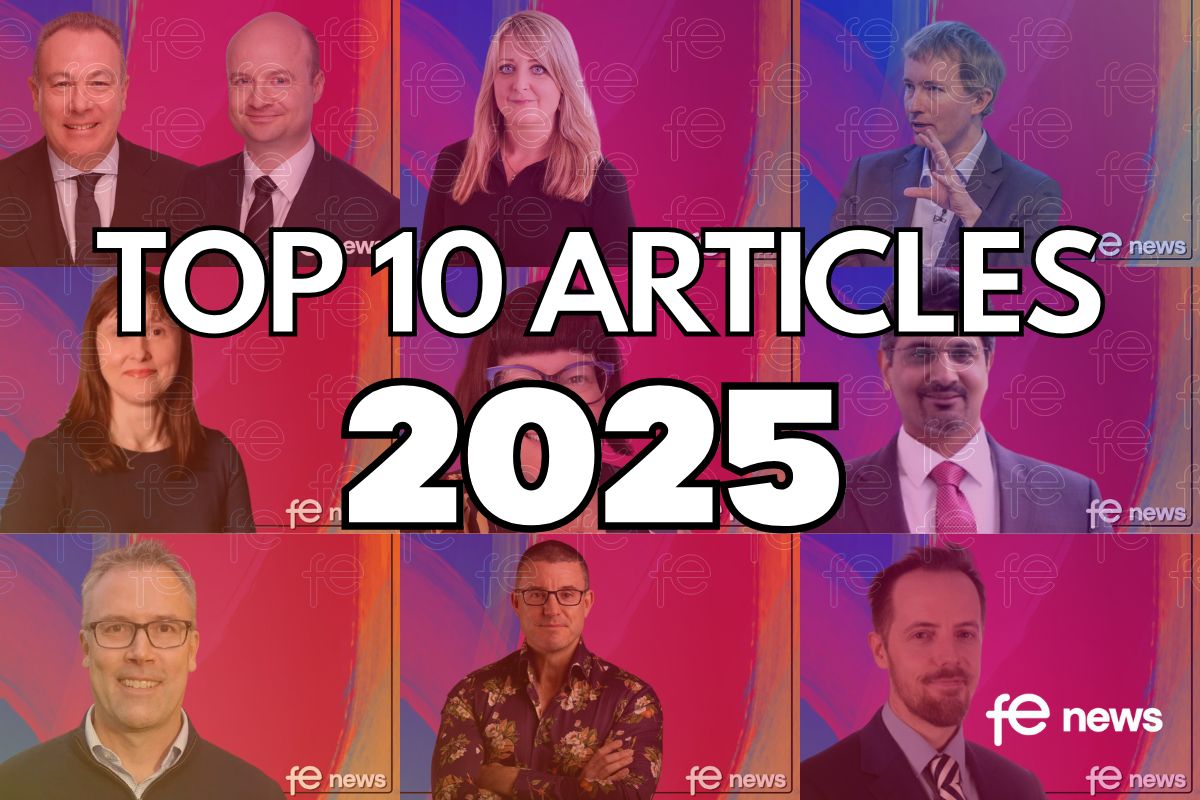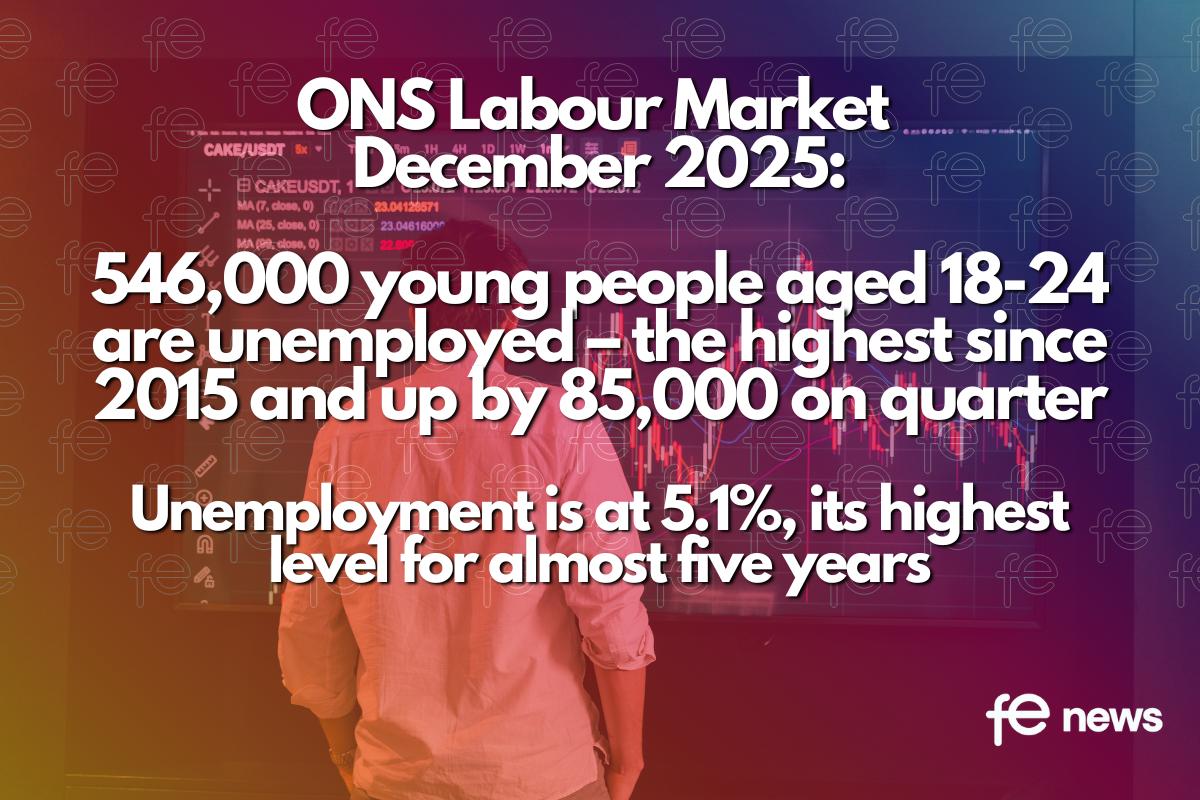Gillian Keegan pledges to eliminate racism and to address racial inequalities in FE

#BlackHistoryMonth – Black @FELeadership Group (BFELG) welcomes the Department of Education (@EducationGovUK) and @GillianKeegan’s response to its recent Open Letter to Address Systemic Racism in Further Education.
Through her letter, dated 25th September, the Rt Hon Gillian Keegan MP (Minister for Apprenticeships and Skills) provides a clear endorsement of the core messages contained in BFELG’s recent call to action, and we welcome her pledge “to eliminate racism and to address racial inequalities in our Further Education sector”.
The Minister’s commitment to ensure an inclusive FE system focused on addressing disadvantage, levelling up and getting individuals into high quality jobs is particularly significant. Acknowledging this, she directly refers to key issues presented through our Open Letter, including the need to reflect Black History in the curriculum, capture a robust picture of the ethnic makeup of the FE workforce and strengthen black representation at senior levels and in governance.
The Minister also recognises BFELG’s representative role for black leaders and professionals, and their allies, in the UK FE sector. We now have approaching 200 members comprising current senior governors and leaders, middle leaders and practitioners, and a wide range of professionals who have an interest in the FE sector.
BFELG fully concurs with the Minister’s ambition for an FE system that is inclusive and welcoming for students, teachers, and leaders irrespective of their background. We share her determination to ensure fair access, realise individual potential, and ensure no communities are left behind.
We also welcome the government’s commitment of significant additional investment into the sector to upskill the nation and FE estates to ensure the success of current and future skills policy and practice.
At the same time, we believe that employers should be required to ensure equity of access to high-quality apprenticeships, T Levels, and the emerging ‘Right to Retrain’ entitlement through the National Skills Fund.
We remain concerned about the lack of recognition of the need to review all post 16 curricula and qualifications to ensure that they reflect the importance of colonial history and its influence on society, and the contributions of black people to the arts, sciences, and technology.
We continue to shine a light on disparities in student attainment and progression. We also are anxious that the proposed mandatory FE workforce return asks the right questions. It is critical that these issues are addressed now.
Given the widespread engagement with our ‘10 Point Plan’, underpinned by our deep insight into best ‘anti-racist’ practice and our substantial intellectual capital, the BFELG is ready and equipped to assist the Minister, working in partnership with sector organisations, to ensure an Anti-racist FE system.
The Black FE Leadership Group 10 Point Plan |
|
|
Curriculum
|
Climate
|
Culture
|
|
|
Communications
|
The Black FE Leadership Group











Responses